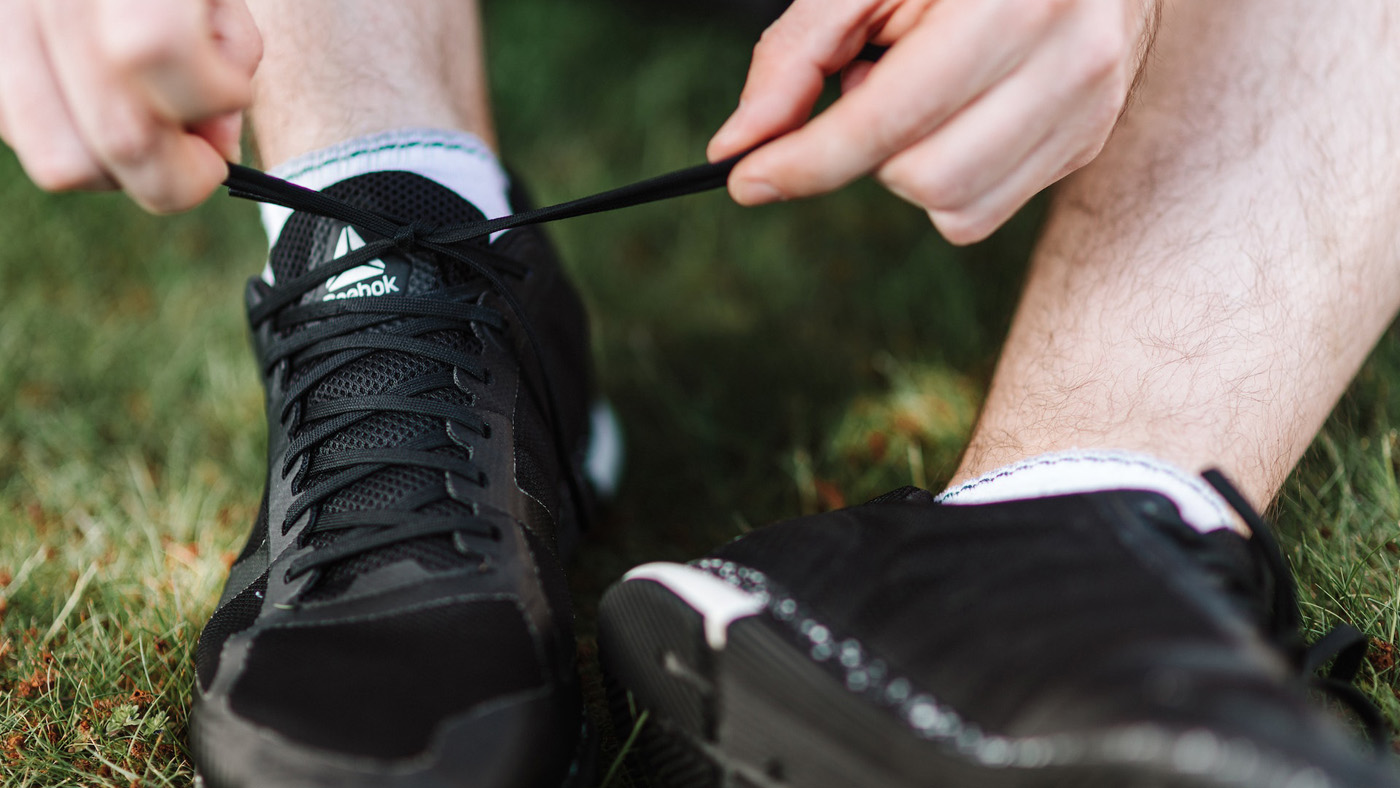
Sports are a great way to stay active and improve concentration. Physical activity boosts the flow of blood to the brain and activates endorphins. It also improves your memory. Here are some of the benefits of sports for students. The most significant is improved concentration. But sports also help other areas of your life, such as physical development and academic growth.
Physical activity improves concentration
Students frequently lack the focus necessary to begin studying, which causes problems with their tasks. They begin to worry, “Who will write my papers?” “Who will do my math assignment for me?” So, what should I do to get my concentration back? Then what should I do to get the attention back? There is a solution.
Research shows that regular physical activity improves concentration while studying. Even a quick brisk walk or run outside can increase your concentration. Exercise boosts your circulation, which helps you think more clearly. It also improves your mood. Physical activity can help you concentrate better when studying, but it is not the only way to improve your focus.
Studies have shown that young people who are more physically active tend to have better attention. It may explain why studies have linked physical activity to higher academic performance. In addition, physical activity can help children deal with attention deficit disorder.
Researchers found that jogging for half an hour twice a week improved executive function in students. Aerobic exercise also improves cognitive ability and boosts neurotransmitters in the brain.
Increases blood flow to the brain
One way to improve blood flow to the brain is to exercise. It can increase blood flow to the hippocampus, a brain area that plays a vital role in memory and learning. It can also improve the body’s blood flow, which helps transport nutrients to cells and flush toxins. The brain weighs three pounds and consumes 20 percent of the body’s oxygen and blood flow, so a healthy blood flow can help it stay sharper and healthier.
Activates endorphins
Activating endorphins in sports has many health benefits. Studies have shown that exercising releases endorphins and improve mood. Several exercises, including brisk walking, gentle bike riding, gardening, and soccer, can activate endorphins and make you feel happier. Exercise also improves your strength and muscle tone. In addition, it makes you look fit and healthy.
Improves memory
Research has shown that exercise, especially sports, can improve memory. It does so by stimulating the production of endocannabinoids, which are small molecules produced by the body during physical exercise. These substances travel to the brain through the bloodstream and bind to specialist cellular receptors. It increases synaptic plasticity, which in turn improves memory. Among these receptors are those found in the hippocampus, which is the part of the brain that controls memory.
Performing sports requires athletes to have a good memory. To perform well, they must be able to recall offensive plays and immediately obey the commands of their coaches. In addition, sports require athletes to develop muscle memory, which helps them react to stress quickly and execute well-practiced actions. This ability can be boosted through a combination of physical training and visual cognitive training.
Sports also improve working memory. For example, quarterbacks must remember multiple plays simultaneously while keeping track of their teammates’ positions on the field. Higher working memory allows people to concentrate on a specific task for a long. Research has shown that elite athletes have better working memory compared to amateurs.
Improves self-esteem
Many people think that sports are bad for their self-esteem, but analysis has shown that sports are beneficial to adolescents’ self-esteem. There are many reasons why sports help adolescents develop a healthy sense of self, and one of the main benefits is that it helps them develop social skills. It is essential because it helps them develop self-respect and positive relationships. By playing sports, adolescents will have a lower risk of developing negative relationships and more confidence in themselves.
Taking part in sports helps improve self-esteem among college students. College football fans feel better about themselves when their team wins. Fans also tend to experience a boost in self-esteem if they’re watching with friends. Spending time with friends and family helps to soften the blow of a tough loss and to boost the mood after an epic win.
So, sports can help kids develop self-esteem regardless of age. Kids who participate in sports must practice and discipline themselves to excel. They should choose a sport they like to engage in and stick with it for the long run. Participating in sports will also allow kids to discover their hidden talents. Encouragement from teammates and constructive feedback from coaches can also help kids develop a healthy self-image.
Builds teamwork
Sports are an excellent way to improve teamwork, which is essential for academic success. It also helps build motivation, which helps improve your study habits. Teamwork is the process of encouraging and supporting teammates and achieving common goals. This process involves effective communication, adaption, and facilitative leadership. The research shows that teams that work well together have better performance outcomes than those that do not.
The study of a group of nine to 11-year-old boys conducted at Washington University in St. Louis, Missouri, found that participation in group sports helped stave off depression. These benefits were attributed to the social support and structure provided by sports.
Many schools recognize the value of teamwork and encourage students to participate in extracurricular activities that foster teamwork. These activities can help students learn important communication skills, such as empathy, compromise, and optimal conflict resolution. They also fill a social void in a child’s life.
All in all, sports allow students to enjoy their favorite activity with other youths, hone their fitness levels, and learn vital life lessons.
Comments